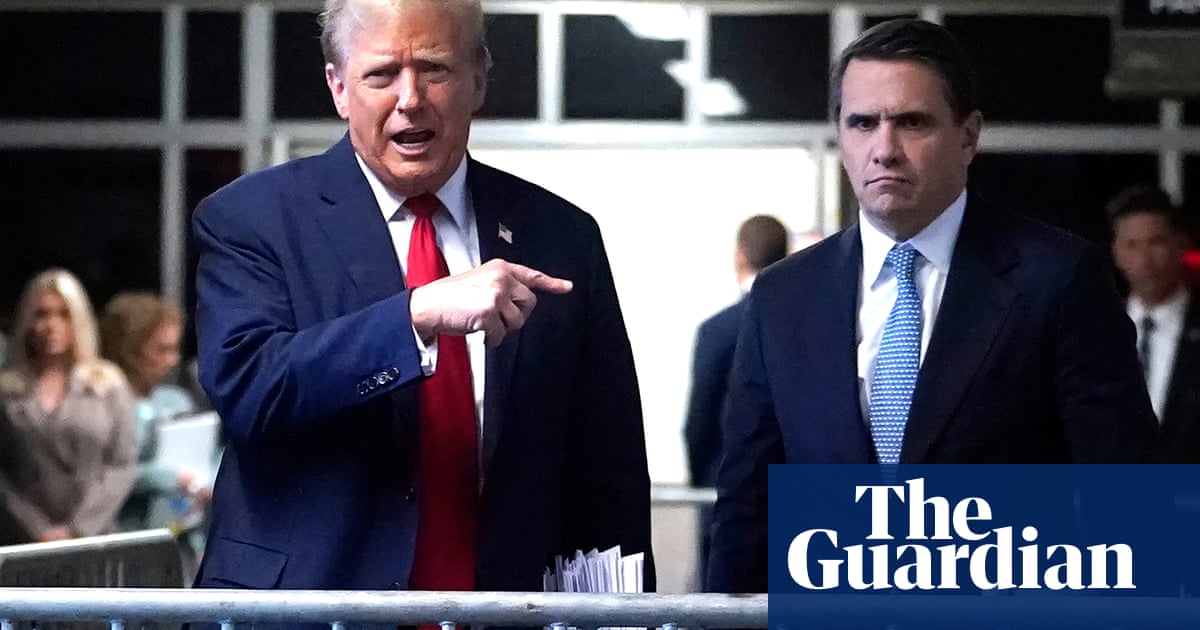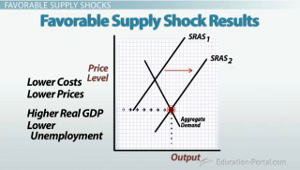Trump Argues Against Judicial Oversight Of His Tariffs

Table of Contents
Trump's Core Argument Against Judicial Intervention
Trump's central position regarding judicial oversight of tariffs rested on the assertion that tariff implementation falls squarely within the executive branch's purview. He consistently argued that the President, as chief negotiator in international trade, possesses inherent authority to utilize tariffs as a tool of economic and national security policy.
- Claim of inherent presidential power: Trump emphasized the President's constitutional role in foreign affairs and the inherent power to act decisively in the face of perceived threats to national interests.
- Argument for swift action: He frequently argued that judicial review would introduce cumbersome delays, hindering the swift action often necessary to address urgent economic or security concerns. The speed of response, he maintained, was paramount in the face of unfair trade practices.
- Constitutional justifications (implied): While rarely explicitly citing specific constitutional clauses, his arguments implicitly relied on the President's powers as Commander-in-Chief (in cases involving national security) and his broader authority in foreign policy under Article II.
However, legal scholars and opponents countered that presidential power is not absolute. They argued that judicial review acts as a crucial check on potential executive overreach, particularly when constitutional rights or principles of due process are potentially infringed upon. The counterarguments emphasized that even in matters of trade, the judiciary has a responsibility to ensure that executive actions comply with the Constitution and existing laws.
Legal Challenges to Trump's Tariffs
The Trump administration's tariffs faced numerous legal challenges based on various grounds:
- Violation of international trade agreements: Several challenges focused on alleged violations of rules established by the World Trade Organization (WTO), particularly regarding non-discrimination and fair trade practices. These cases highlighted the potential for international legal repercussions resulting from unilateral tariff actions.
- Unconstitutional exercise of power: Opponents argued that the tariffs constituted an unconstitutional exercise of executive power, violating principles of due process and equal protection under the law. This argument emphasized the potential for discriminatory effects on specific industries and consumers.
- Economic harm: Lawsuits were also filed by industries and individuals claiming significant economic harm resulting from the tariffs, arguing that the President's actions exceeded his authority and caused irreparable damage.
Specific cases, such as those brought by various industry groups and foreign governments against the imposition of steel and aluminum tariffs, demonstrated the diverse legal avenues employed to challenge the administration's policies. While some challenges were successful in specific aspects, the broader question of executive authority in imposing tariffs continued to be debated.
The Broader Implications for Executive Power and Checks and Balances
The debate surrounding judicial oversight of tariffs extends far beyond the specific policies themselves. It has significant implications for:
- Separation of Powers: The dispute highlights the ongoing tension between the executive and judicial branches, underscoring the importance of checks and balances in preventing executive overreach. The extent to which the courts can review executive actions in trade policy directly relates to the broader balance of power in the US system.
- Future presidential trade policies: The precedent set by court rulings regarding judicial review of tariffs will undeniably impact future presidential trade policies. This raises critical questions about the limits of executive discretion in economic matters and the role of the judiciary in ensuring accountability.
- Long-term effects on government branches: The long-term effects depend largely on how judicial challenges are resolved and the principles established by the court. It can influence how future administrations approach trade policy and the balance of power amongst the legislative, executive, and judicial branches.
The Role of Congress in Trade Policy
Congress plays a crucial, yet often overlooked, role in shaping trade policy. While the President has significant authority in negotiating trade deals, Congress retains the power to approve or reject these agreements through legislation. This shared responsibility highlights the complex interplay between the executive and legislative branches in managing international trade relations. The interaction between Congress's legislative powers and the President's executive authority remains a key aspect of the ongoing debate about judicial oversight of tariffs.
Conclusion
Trump's resistance to judicial oversight of his tariffs sparked a crucial debate about the limits of executive power in trade policy. The legal challenges, focusing on international agreements, constitutional rights, and economic harm, exposed the deep divisions surrounding the appropriate level of judicial scrutiny. This analysis underscores the complex interplay between the executive, legislative, and judicial branches in shaping US trade policy, emphasizing the vital role of judicial oversight of tariffs in preserving the system of checks and balances. Further research into the legal precedents set by these cases is crucial for citizens interested in engaging in informed political discourse and understanding the intricacies of US trade policy. A thorough understanding of judicial review of tariffs and related actions is vital for informed civic participation.

Featured Posts
-
 James B Partridges Gloucestershire Performances Stroud And Cheltenham
May 03, 2025
James B Partridges Gloucestershire Performances Stroud And Cheltenham
May 03, 2025 -
 Rising Fuel Costs The Impact Of Oil Supply Shocks On Airlines
May 03, 2025
Rising Fuel Costs The Impact Of Oil Supply Shocks On Airlines
May 03, 2025 -
 Examining Reform Uks Credibility On Farming Issues
May 03, 2025
Examining Reform Uks Credibility On Farming Issues
May 03, 2025 -
 Investing In Our Future The Importance Of Accessible Mental Healthcare
May 03, 2025
Investing In Our Future The Importance Of Accessible Mental Healthcare
May 03, 2025 -
 Thlyl Rdwd Afeal Wsayl Alielam Alerbyt Ela Alhjwm Ela Alqaflt Fy Malta
May 03, 2025
Thlyl Rdwd Afeal Wsayl Alielam Alerbyt Ela Alhjwm Ela Alqaflt Fy Malta
May 03, 2025
